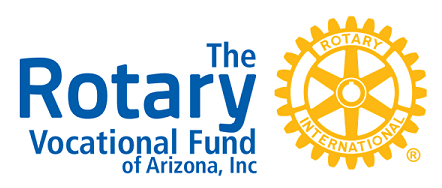
On 29 September 1979, volunteers administered drops of oral polio vaccine to children at a health center in Guadalupe Viejo, Makati, Philippines. The event in metropolitan Manila was arranged and attended by Rotarians and delegates from the Philippine Ministry of Health.
When James L. Bomar Jr., then RI president, put the first drops of vaccine into a child’s mouth, he ceremonially launched the Philippine poliomyelitis immunization effort. Rotary’s first Health, Hunger and Humanity (3-H) Grant project was underway.
Bomar and Enrique M. Garcia, the country’s minister of health, had earlier signed an agreement committing Rotary International and the government of the Philippines to a joint multiyear effort to immunize about 6 million children against polio, at a cost of about $760,000.
In a 1993 interview, Bomar reminisced about the trip. He recalled how the brother of one of the children he had immunized tugged on his pant leg to get his attention and said, “Thank you, thank you, Rotary.”
The project’s success led Rotary to make polio eradication a top priority. Rotary launched PolioPlus in 1985 and was a founding member of the Global Polio Eradication Initiative in 1988. Through decades of commitment and work by Rotary and our partners, more than 2.5 billion children have received the oral polio vaccine.
Last year, following three years with no new cases of the wildpolio virus, the continent of Africa was declared polio-free.
There are currently only two countries left in the world which have reported cases of the wildpolio virus in recent years. They are Afghanistan and Pakistan. In the graphic, you will see that so far this year, only two cases have been reported - one in Pakistan and one in Afghanistan. In fact, as of last week, we marked the SEVENTEENTH WEEK IN A ROW that there have been no reported new cases of the wild polio virus in either country. On top of that, we marked the THIRD WEEK IN A ROW that there has been ZERO positive environmental samples. We have now pushed the envelope out to three weeks without a case or positive environmental sample of the wildpolio virus.

